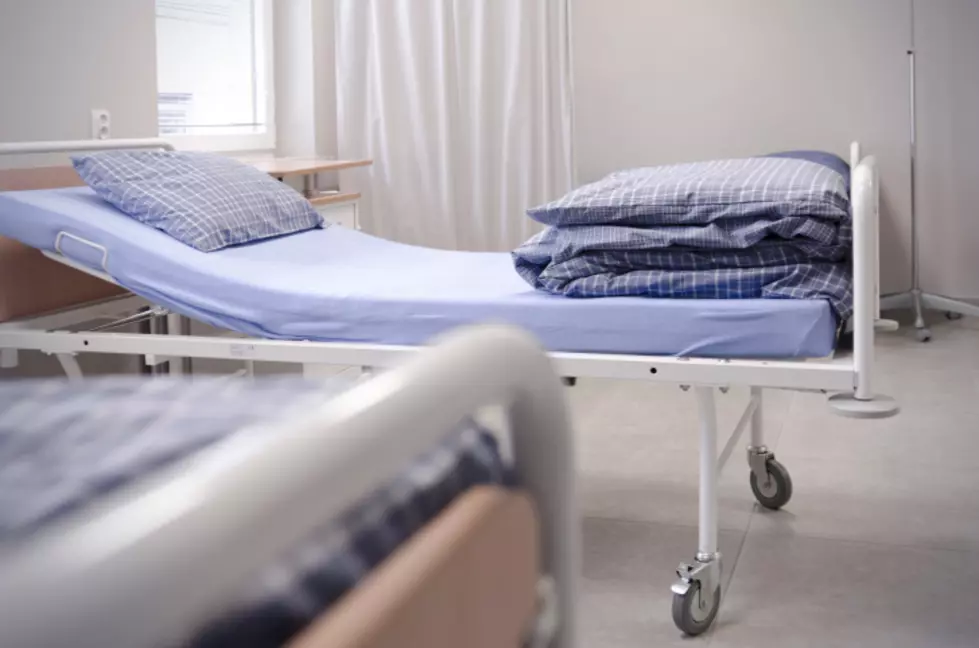
Most doctors admit they work sick
You might think that doctors and nurses should know better, but a new survey finds that many of them go to work when they are sick.
Officials with The Children's Hospital of Philadelphia surveyed 500 physicians, nurse practitioners, nurses, physician assistants and certified nurse midwives, in a study published online July 6 in the journal JAMA Pediatrics. Nearly all agreed that working while sick puts patients at risk, yet more than 83 percent admitted they had showed up for work sick at least once in the past year. Nine percent said they worked while sick at least five times.
Their illnesses were not just colds and sore throats, but included fever, diarrhea and other respiratory issues.
"This study was done in a single hospital setting, so it may not be completely translatable across all practice settings, but it seems to me that doctors and nurses didn't want to see patient care suffer," said Dr. Robert Gorman, president of the New Jersey Academy of Family Physicians. "I do think this study highlights something that is a problem. Hospital settings need to define what is too sick to work and they need to make it clear that there is a culture, not that you must come to work at all costs, but you need to come to work when you are healthy enough to be of safe assistance to your patients. They need to have mechanisms to allow health care providers a safe way out if they are sick."
According to the survey, the health officials gave the following reasons for working while sick:
- Almost 99 percent said they did not want to let colleagues down;
- Close to 95 percent were concerned about staffing;
- 92.5 percent did not want to disappoint patients;
- 64 percent were worried about being ostracized by colleagues;
- Nearly 64 percent were concerned about continuity of care.
"Hospitals are staffed so thin that people feel that they need to make the less bad choice of coming to work sick, to make sure their patients get some care," Gorman said. "All of their reasons for going to work are noble reasons. Most health care professionals don't want their patients to lack care."
Gorman has seen changes over his 30 years in the business.
"As doctors are practicing in larger groups, it does allow for more immediate coverage on site," he said. "We have the ability now that there is enough of us where you don't have to come to work if you're sick. When there were more solo doctors who had to choose between staying home sick or leaving a patient uncared for, it was a tough decision to make."
To see the survey in its entirety, click here.
More From New Jersey 101.5 FM









